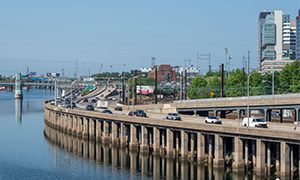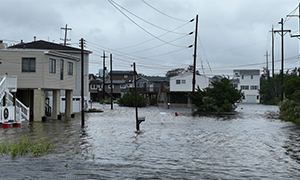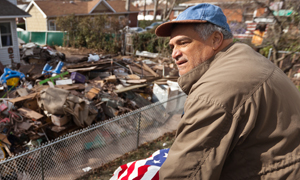Household Decision-Making
Overview: The Household Decision-Making Focus Area investigates how households in urban and suburban communities experience and respond to climate-related challenges such as flooding and heat waves. Their research pays particular attention to the lived experiences of marginalized populations such as low-income residents, immigrants, Black, Indigenous, and People of Color (BIPOC) communities, and renters. The group aims to understand how households perceive and experience such hazards, what resources are available to them, and how they weigh their options when deciding how to adapt or recover. The group uses ethnographic research methods, working closely with community partners and participating in community events to gather in-depth insights. Many climate adaptation actions happen informally and go unrecognized by policymakers. Residents often don’t label them as climate-related, highlighting different ways of knowing between community experiences and climate policy. By documenting how these communities make day-to-day decisions about climate risk, the group aims to bring their voices into policy-making. The research underscores that climate adaptation must be grounded in lived experiences, address immediate needs, and be led by those most affected.
Focus Area Lead:
Senior Personnel:
Projects
Researchers in this Focus Area are engaged in a variety of projects. Explore the links below to learn more.





